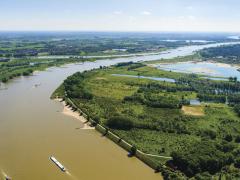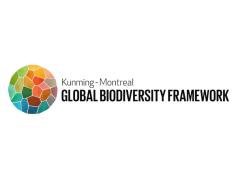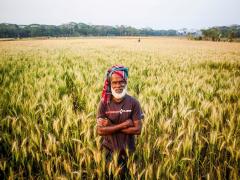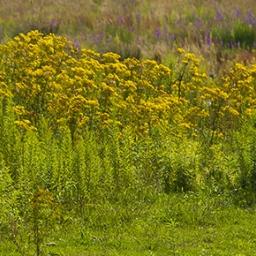Impact of peri-urban land governance on green spaces
Within landscapes the peri-urban zone is in a constant state of change and governance of rapid developments is challenging. This is often at the expense of green spaces, which represent various environmental, economic and sociocultural values in landscapes. In the Kumasi landscape in Ghana, where various Dutch (funded) actors are active in development programs and global agricultural supply chains, green spaces are threatened by a range of competing land-use activities that are driven by institutional, economic and sociocultural processes. This affects progress on various Sustainable Development Goals, including food, water, urban development and biodiversity. The research examines dynamics in peri-urban land governance to inform a locally-led multi-stakeholder consultation aimed at exploring strategies for inclusive and sustainable development in the Kumasi landscape in Ghana.
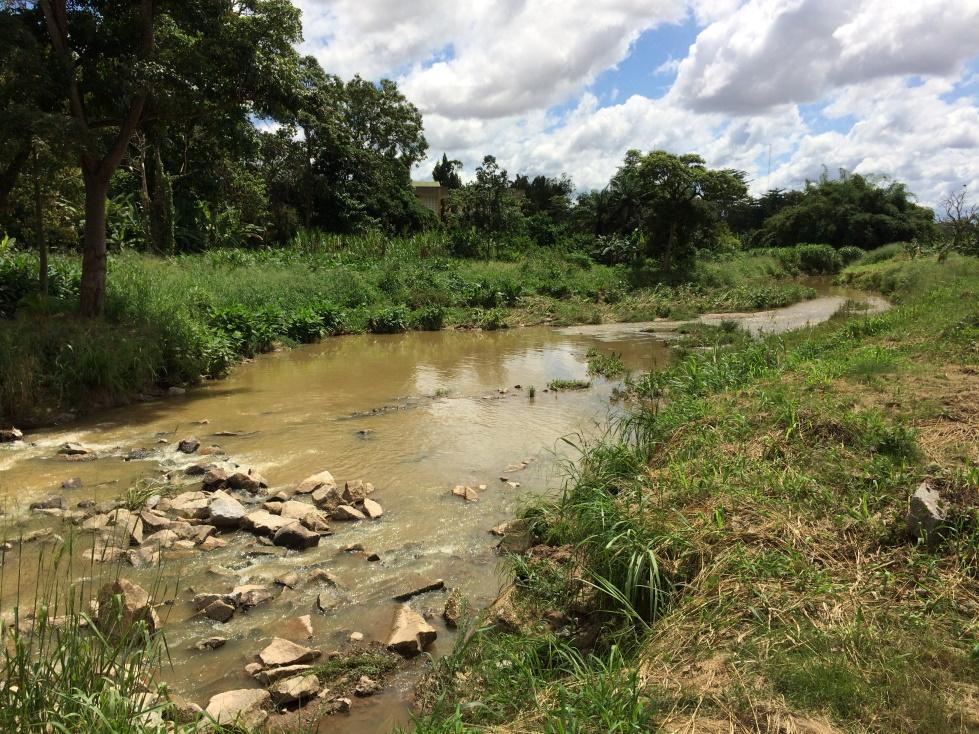
Need for a landscape perspective to govern the peri-urban interface
Ecosystems, watersheds and foodsheds are functional systems that exist beyond administrative boundaries and are therefore influenced by urban and rural dynamics. Rapid peri-urbanisation in the Kumasi landscape is characterised by sprawl, rising land and food prices, marginalization and intensification of farming practices. Degradation of green and blue infrastructures (GBI) is caused by deforestation, pollution and encroachment into riparian land. These patterns of growth have far-reaching environmental impacts extending to urban as well as rural areas. It results in uneven access among peri-urban communities to safe and affordable food, water, land and housing. Stronger linkages between urban, peri-urban and rural systems can increase regional food security, secure rural and peri-urban small-holder livelihoods and reduce the region’s ecological footprint. Applying a landscape approach is therefore relevant in this context, as it aims to combine and balance competing land-uses to achieve inclusive and sustainable development at a regional scale through the active participation of landscape actors.
Finding shared objectives and nature values among actors in the Kumasi landscape
Actors across the landscape value green spaces culturally and for economic needs. Indigenous and local communities have traditionally protected ecologically sensitive areas to secure the livelihoods of future generations and to conserve biodiversity. Communities in urbanizing settlements see the need for green spaces for human social well-being and healthier urban environments. Additionally, the landscape’s economy comprises of small and medium-scale services and industries concentrated in urbanizing districts, and semi-subsistence farming, forestry and mining concentrated in more rural districts. A majority of local livelihoods are therefore directly dependent on green spaces for food and cash crops, clean water, timber and fuelwood. Service and industrial sectors too depend on a continuous supply of water and raw materials sourced from within the landscape. In general, despite socio-economic differences between urbanizing and predominantly rural areas, actors in the landscape are connected through a shared need for green spaces driven by utilitarian, cultural and intrinsic values. Increasing awareness of these multiple values could support more coherent, inclusive and sustainable landscape planning and management. The research provides useful insights for other/new projects addressing sustainable land use and planning challenges, initiated in various development partner countries by the Dutch Ministry of Foreign Affairs.
- Artikel | 14 October 2020To the paper Contextualizing local landscape initiatives in global change
- Rapport | 22 September 2020To the report The impact of urbanisation on food systems in West and East Africa
- Rapport | 4 June 2021To the report The global potential for land restoration (GLO 2)
- Tekstpagina | 30 June 2020To the web page Landscape governance and planning
Authors
Specifications
- Publication title
- Impact of peri-urban land governance on green spaces
- Publication subtitle
- Insights from the Kumasi-Ghana landscape research, a collaboration between PBL, IHS and BIRD
- Publication date
- 1 July 2021
- Publication type
- Report
- Page count
- 64
- Publication language
- English
- Product number
- 4426
